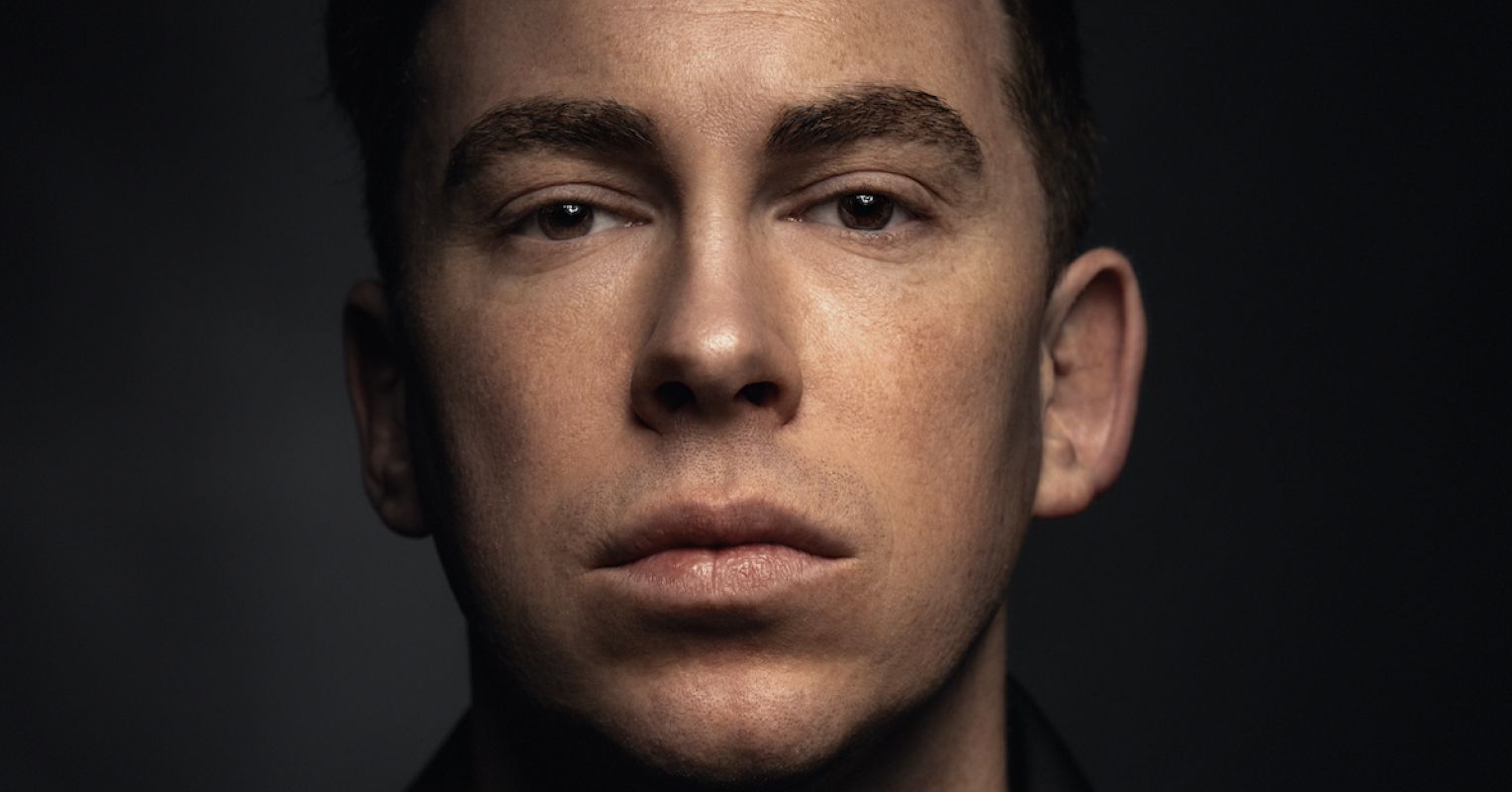

Robbert van de Corput, a world-renowned DJ professionally known as Hardwell, has been performing in front of large crowds across the world for over a decade. But for Hardwell, it’s not about the technical precision or the size of the crowd; it’s a full mind and body experience. He has spent the last several years developing strategies to effectively manage his energy levels, stress, and recovery, ultimately improving his performance in all areas of life.
In our conversation, Hardwell shared how his approach to his well-being and mental performance has evolved over time. What has allowed him to excel in a demanding creative industry? His mindset, habits, and boundaries.
Finding Focus in the Adrenaline
Hardwell admits that early in his career, he thought that hustling and neglecting his well-being was necessary. Now, he recognizes the importance of intentional rest and recovery between shows.
“Before each show, I use my pre-show time to meet fans and connect with media, but I also take time for myself afterward, whether that’s a massage, relaxing with my tour team, or working through my music.”
He acknowledges how achieving flow state is essential to his performance. “It’s about locking into that zone where adrenaline meets focus,” he said.
Reaching the optimal level of stress while having a high level of skill is the key for high performers in any field to achieve flow state. Too much stress can lead to panic, and too little can result in underperforming. By consciously managing his adrenaline through structured pre- and post-performance rituals, Hardwell is able to sustain the mental clarity needed to perform at his best for every show.
Treating Wellness as Part of the Job
While touring the world may seem exciting and fun on the outside, it can be physically and mentally taxing. Hardwell learned over time that his approach to well-being is not optional but rather an essential ingredient to high performance. “Experience taught me to treat wellness like part of the gig,” he said.
“Health and fitness play a big role in my life now. I do workouts in local gyms or even basic stretching in the hotel room to get my blood flowing. I’ve become more aware of breathwork and love using saunas and cold plunges. It’s like rebooting the entire body, especially after late shows.”
High achievers from all different industries, including elite athletes, see recovery as essential preparation for high performance. Consistency and longevity depend as much on recovery as on training.
Sleep Is a Non-Negotiable
Maintaining healthy sleep habits is one of the hardest tasks for traveling performers and athletes. Now, Hardwell views sleep as the foundation of creativity and mental sharpness. “In my career, sleep is everything. I used to tour 120 to 150 shows a year, ignoring tiredness and pushing through,” he shared. “Now I plan buffer days between shows to catch up on rest or work on music without rushing.”
He admits that now he skips most afterparties in order to protect his sleep. “Without rest, the music suffers,” he acknowledged. His ability to self-regulate, learning to say no to external pressures, reflects his understanding of how important it is to protect his energy.
Staying Grounded and Recharging Off Stage
As someone who works with and interviews many high performers, I was curious as to what gives Hardwell purpose. “What keeps me grounded is staying connected to why I do this. The fame and lights are great, but it’s just noise. My reason has always been the music and the fans. I keep my family and friends close because they help me stay centered.” The reminder of intrinsic motivation certainly provides a psychological anchor for many high achievers.
When the music and shows are over, he returns to spending time with family and friends. “When I’m off stage, I’m just Robbert,” he said. “I spend time with loved ones, game, watch movies, and get outdoors. Even then, music is part of my daily life, but creativity comes when you’re not chasing it.” He points out that it’s these quiet moments that fuel his work.
There was a time when he stepped away from touring in 2018 to prioritize himself and his needs. “Taking that break was the best decision I ever made,” he said. “It taught me that stepping away isn’t quitting, it’s healing. It made me a better artist, and I came back stronger because I finally put myself first.”
The takeaway? Mental fitness and well-being are not the opposite of ambition, but its greatest amplifier.








